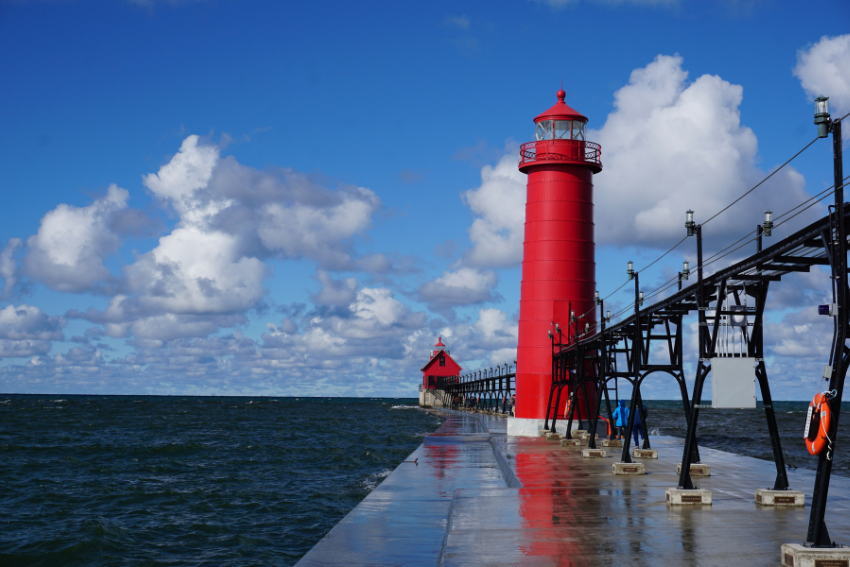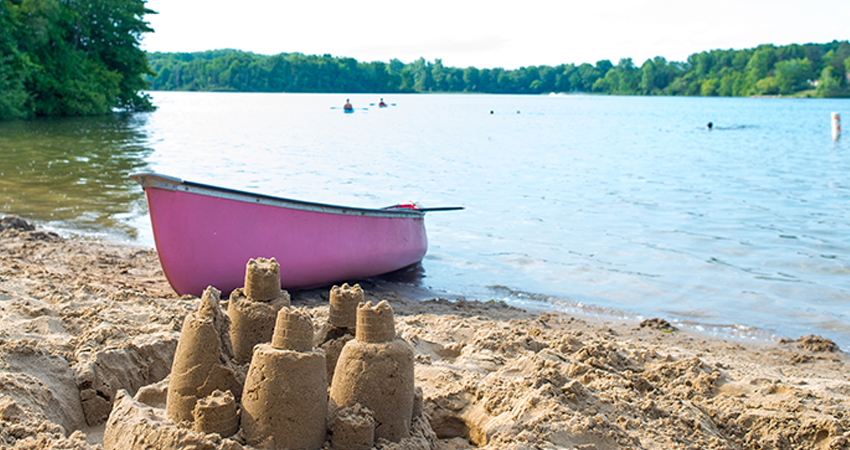5 Easy Ways to Prepare for Winter Weather

Despite a milder than usual start to winter, yesterday’s storm reminded us of the dangers of winter weather. It is important to have supplies ready for the cold, snow and ice so you and your family can stay warm and toasty.

Winter Preparedness Kit
When a storm hits it is vital that you are prepared. The first thing to do is create a winter preparedness kit for you home. If you have already a kit make sure you restock it. The following items will help you get through a storm.
- Have at least three gallons of water per person
- Have at least a three-day supply of non-perishable food per person
- Prescribed medications
- Battery-powered or hand-crank radio
- Flashlight and extra batteries
- First aid kit
- Chemical fire extinguisher
- Whistle to signal for help
- Pet supplies including food and bedding
- A complete change of clothing and footwear for each person
- Bedding
- Important family documents
- Cell phone, portable charger or extra batteries
- Extra clothes, blankets, sleeping bags and warm winter coats
 Insulate Pipes
Insulate Pipes
It is essential to insulate pipes that run through your wall, basement and attic. This will help prevent them from bursting during the winter season. While looking through the walls, attic and basement consider examining exposed ducts and use a sealant to plug up any leaks.
 Water Valves
Water Valves
Teach everyone who lives in your house know where the water valves are located. It is also necessary to test your shut-off valve. This knowledge will help you if you have to shut them off to prevent pipes from bursting. In most single-family homes, the shut-off valve is in the basement or the crawl space, on a wall facing the street.
 Backup Heat Source
Backup Heat Source
Be prepared for electrical outages with a backup heating source. A backup heating source will prevent pipes from freezing and keep your home warm in the event of an outage. There are many options for heating your home if the power goes out including a wood fireplace, heaters and power generators. If you use gas generators or fuel-based heating systems make sure they are vented outside to prevent carbon monoxide (CO) poisoning.
 Smoke and Carbon Monoxide Detectors
Smoke and Carbon Monoxide Detectors
Check that smoke alarms and carbon monoxide detectors are in working order. If you don’t already having a carbon monoxide detector make sure to buy and install battery-operated CO detectors near every sleeping area. CO poisoning is most prevalent when furnaces are turned on to fight cold winter temperatures or when people rely on portable generators for electricity during outages.




